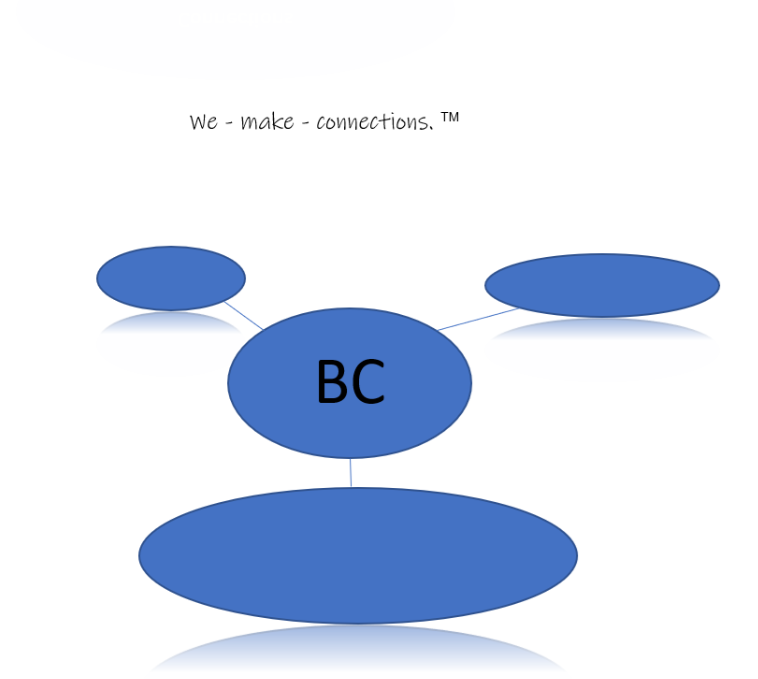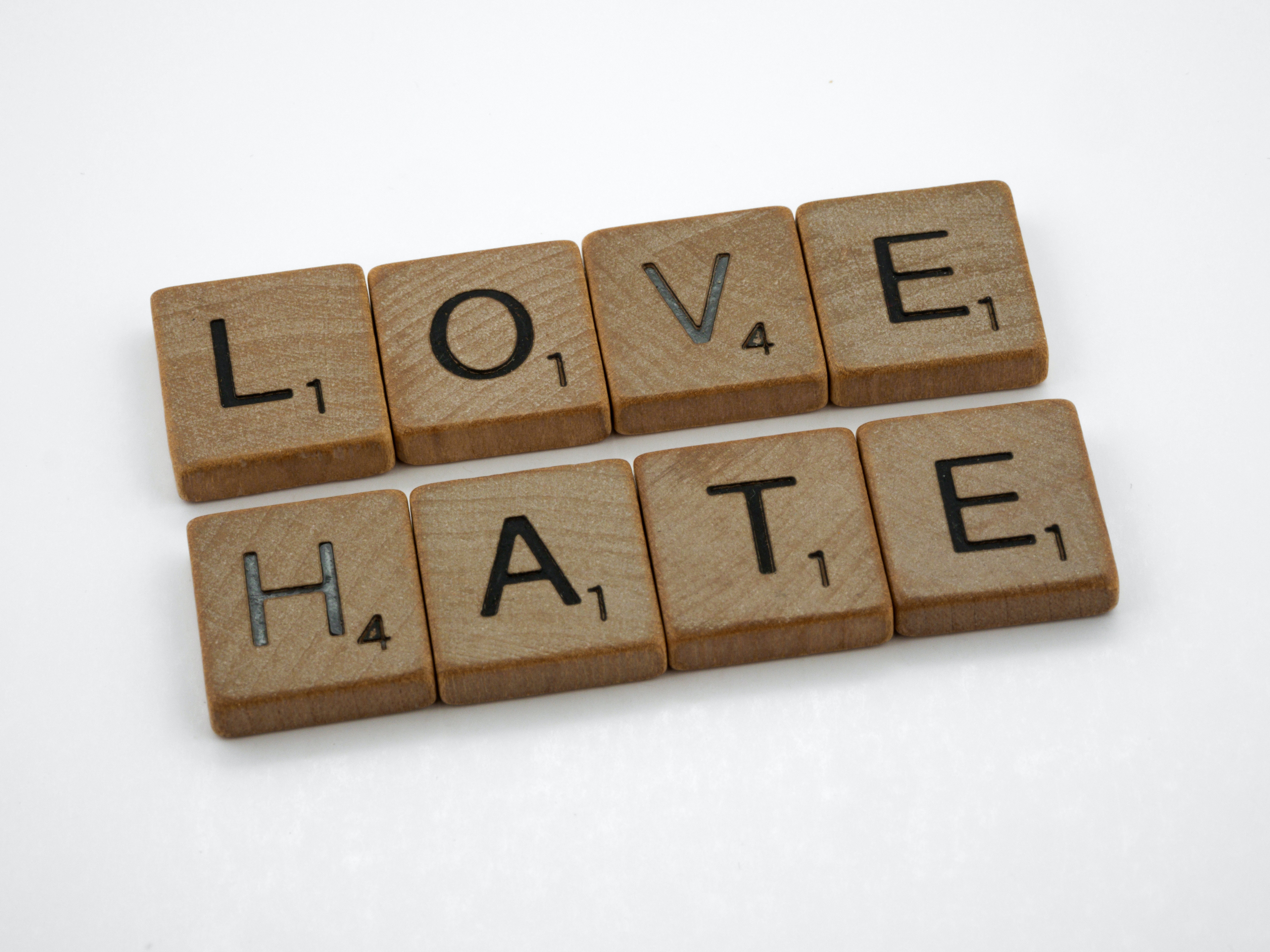Exploring Love as a Leadership Model
Energy is neither created, nor destroyed. It takes energy to be in motion. Energy can take many forms: physical, emotional, spiritual, mental and so on. It is still energy.
But take for a moment the notion of love as energy. It can be argued that both love and energy act virtually if not exactly the same. It takes energy to love.
The emotion is expended via chemicals stored in the brain as dopamine as part of a larger chemical process. For instance, when a person falls in love, there is a state in which that individual has no control over their emotional state as hormones and chemicals take over. Love energy, as well as hate energy, has caught my attention of late.
Another energy is actually a non-energy of sorts, apathy. From a leadership perspective, love, hate, and apathy are all forms of energy. To a degree in which apathy is characterized as, let’s say, a “non-energy” or potential energy.
Comparing these states of emotional energy to leadership, the Transformational Leadership Model of leadership comes to mind. With transformational leadership, there are three major categories to explain it: 1) Transformational, the most effective form, 2) Transactional, often considered less effective but still functional, and 3) Passive Avoidance (formerly laissez-faire), absence of leadership. Interestingly, there is a correlational comparison to be made with the concept of emotional energy composed of love, hate, and apathy with this leadership model.
Though not yet a perfected theory in any way, my theory purports that love is the most effective form of emotional energy. Love “transforms”. Kids who are well loved in childhood outperform those born in, let’s say, a Russian prison. But I comically digress.
Love is touch. Love is words. Love is quite powerful; therefore, it is categorized as transformational.
Over the years, I have found surprising few discussions centered around the power of hate, even fewer that go as far to challenge any notion of distance between hate and love. I actually believe there is very little distance between the two. Examples include the son that has started to speak to his mother after many years of estrangement, the bully at my middle school who shook my hand for standing up to him, and the president who apologized to the world for a foreign policy that unintentionally caused a nation to suffer greatly. It took some degree of care that can equate to love to do these things.
Further, it takes true energy to hate. The Apartheid era of South Africa was wroth with active forms of hate. One might define hate in many ways…and possible disagree with the notion of either expressed here.
However, I assert hate to be functionally on par with love in some monumental instances such as the way Adolf Hitler was able to mobilize so many people against the Jews ahead of WWII. His leadership was indeed transformational because of how effective he was, yet his ideology was filled with hate. There are many stories during the period of the Holocaust in which people went out of their way to perform acts of kindness that can be equated to love, hiding Jews away at their own peril.
Though both love and hate can transform people, from a spiritual perspective, it is love that is the most powerful. It is an energy that, if not wavered, can sway hate. I cannot think of a situation in which a steadfast lover of love was persuaded to this degree.
Certainly, one can argue the opposite and perhaps come up with some good points. Though love and hate have always existed after, let’s say, the Fall of Man or once two humans existed, there had to be a polar opposite of “love”. In spite of some antisemitic speech, the horrors of WWII have ended. Nelson Mandela was released from prison after almost 30 years.
Though many feel much more needs to be done, MLK got a holiday. This is not to sound gullible to say that society is safe from hate’s wrath. It is to suggest that because people do good in the name of peace, equality, fairness, love is able to exist and conquer.
Finally, apathy is the absence of both love and hate or laissez-faire in nature and practice. An apathetic person is void of understanding the human emotional condition known as love. This behavior often hurts the most because the person comes across quite distant and cold. In this absence of emotion, there is always the potential for deciding on love or the other thing. Love is important for mental and emotional well-being, while hate ages a person and makes them sick – my thoughts of course. As leaders, love is that force that fosters better sleep at night, knowing that others are motivated for the right reason as energy is used to create, not destroy.
Resources
THE THEORY OF LOVE ENERGY | Enterprise (letsenterprise.in)
Your brain on love: A chemical high | CNN

